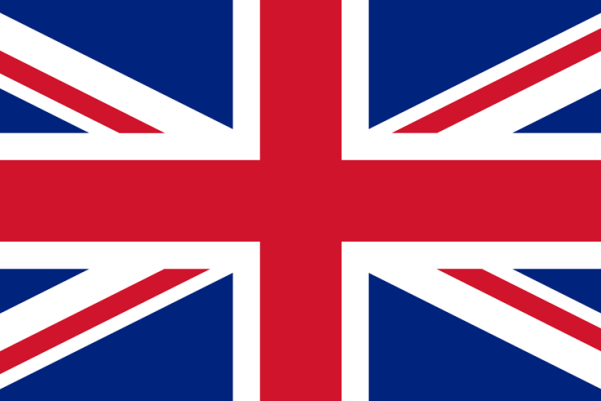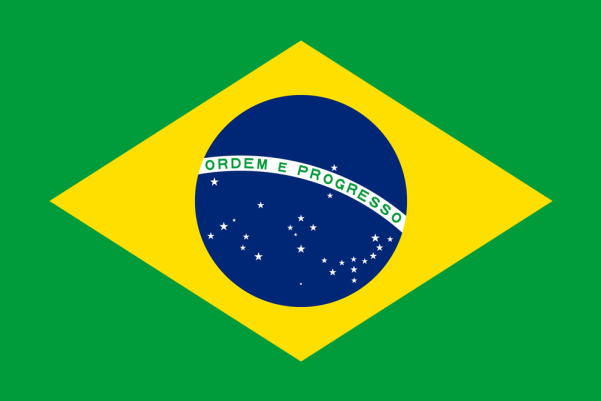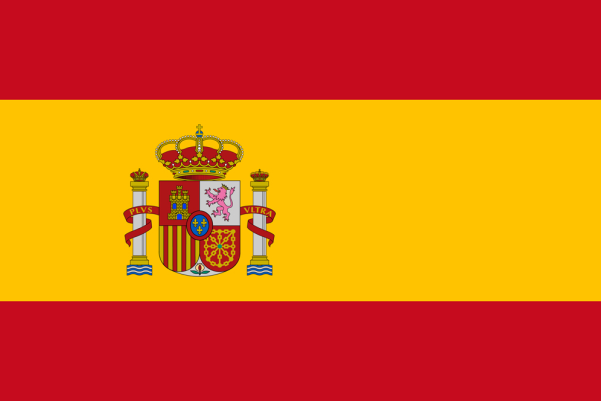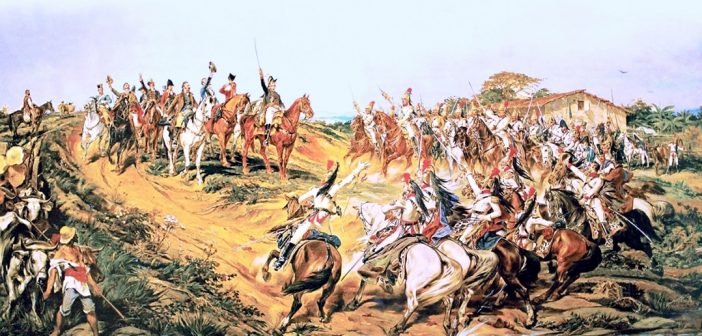One of the most important days in the history of Brazil is 7 September, the day independence was declared.
After the Portuguese royal court had returned to Portugal, Dom Pedro I insisted on staying put in Brazil, making life difficult for his relatives over in Europe, who gradually lost their grip on the colony.
Letter after letter, the Portuguese implored Pedro to come back, but he stood firm, proclaiming “If it is for the common good and general happiness of the Nation, tell the people that I am staying”. The now famous saying was uttered on 9 January 1822, and this day has become known as the Dia do Fico (Day of Staying).
The Independence process included a series of measures, such as the creation of a Constituent Assembly, a Navy, and the insistence that all Portuguese troops returned to their homeland.
Whilst Dom Pedro was traveling from São Paulo to Santos, another letter arrived from Portugal, in which the royal court told him that they were dissolving the Constituent Assembly and that Pedro was to return to his motherland immediately. In symbolic riposte, Dom Pedro I raised his sword and, at the margins of the River Ipiranga, proclaimed Brazil’s Independence with the eternal phrase “Independence or Death”, thus marking the end of Portuguese dominance of the country and the beginning of Brazilian political autonomy.
The date was 7 September 1822. Not a war in sight, nor a single life lost, but taken very seriously and right to its logical conclusion; Brazil’s independence was acquired in a remarkably different way from other ex-colonies.

















